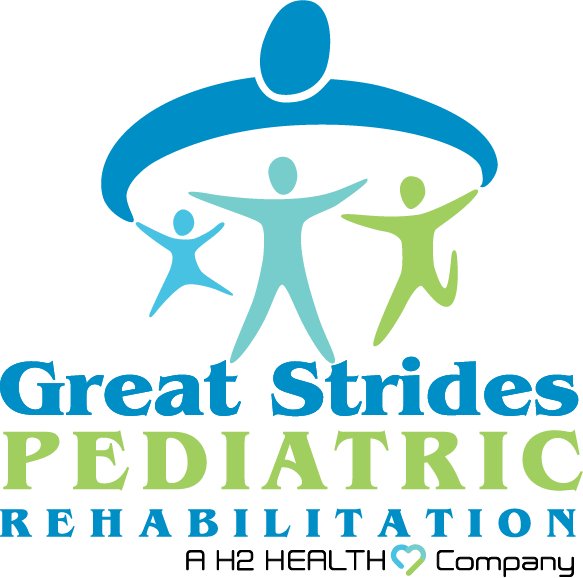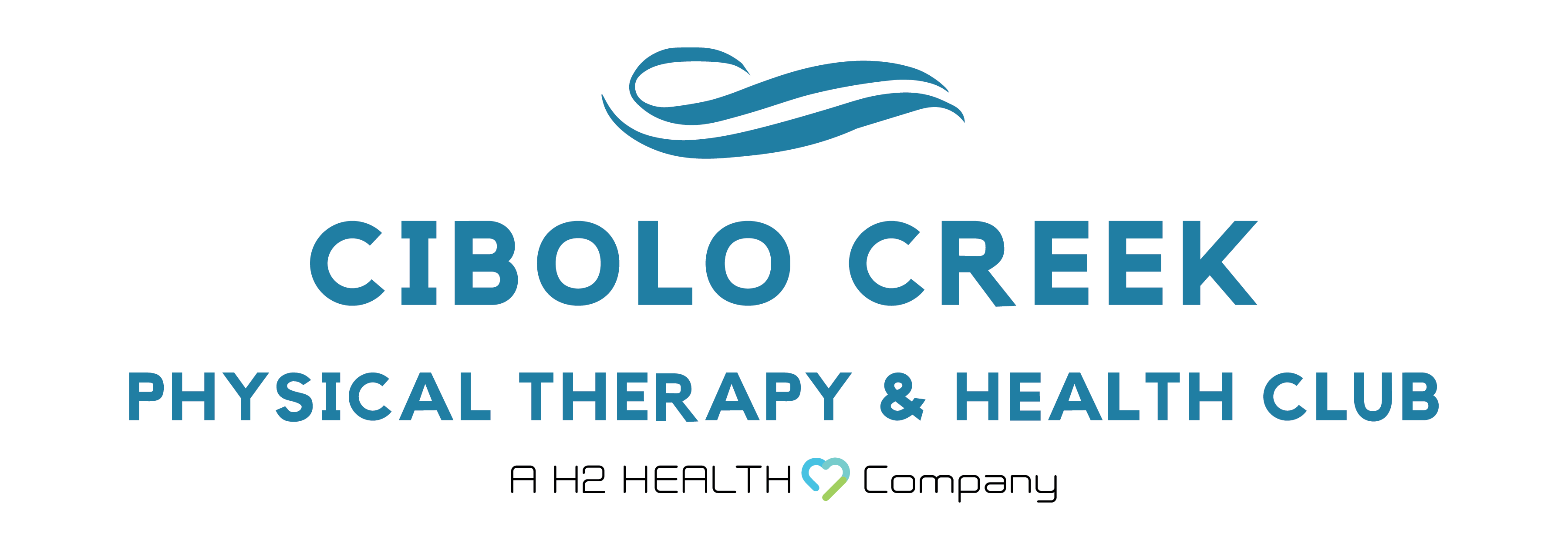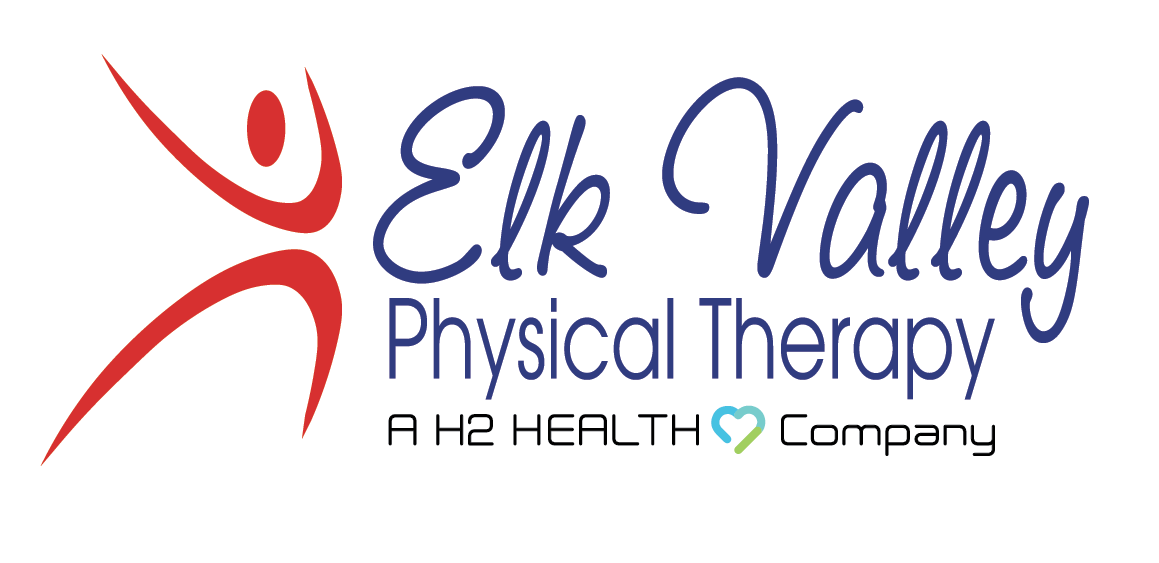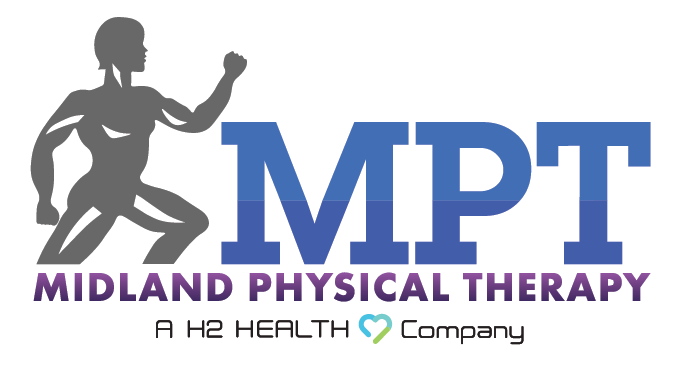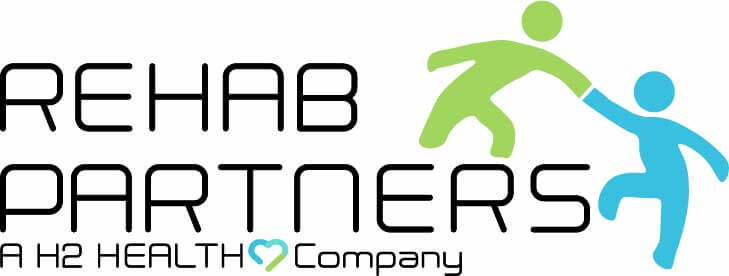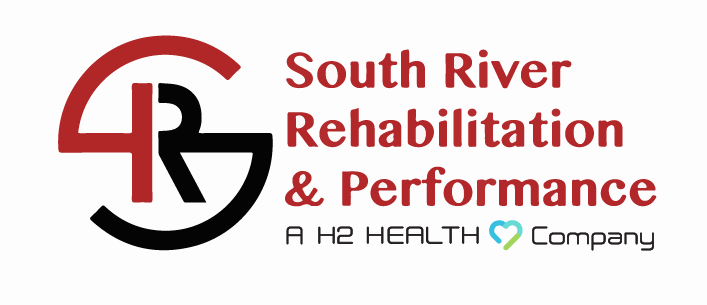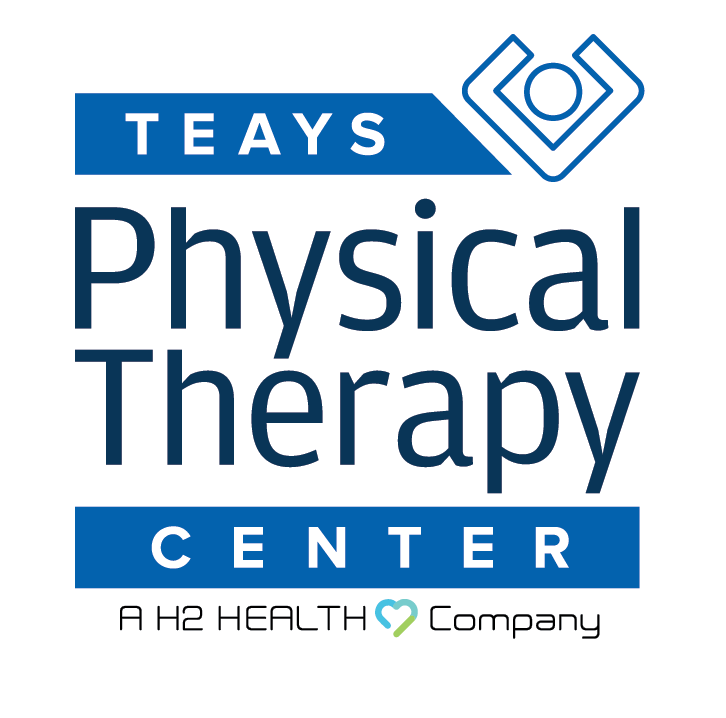
Music therapy has gained recognition as a valuable intervention for individuals with memory impairments, such as those with Alzheimer’s disease and other forms of dementia. We will explore the various benefits of music therapy for memory care residents, supported by scientific research and clinical studies.
Music is a holistic and non-pharmacological approach to enhancing the lives of individuals with memory challenges. Through memory retrieval, emotional connection, cognitive stimulation, and improved communication, music therapy
contributes to the well-being and quality of life for memory care patients. It’s diverse applications make it a valuable tool for caregivers, enhancing their ability to provide meaningful and personalized care. As research continues to unveil the depth of its benefits, music therapy holds promise as an essential component of memory care interventions.
These points highlight the multifaceted benefits of music therapy for memory care patients, showcasing its impact on various aspects of their well-being and quality of life.
Benefits of Music Therapy
1. Cognitive Enhancement:
– Stimulates cognitive functions.
– Improves episodic memory retrieval.
– Engaging with familiar music enhances cognitive performance.
2. Emotional and Psychological Stimulation:
– Reduces agitation and aggression.
– Improves mood and emotional well-being.
– Elicits positive emotions and memories.
3. Communication and Social Interaction:
– Encourages verbal and nonverbal communication.
– Fosters connections between patients and caregivers.
– Enhances social interaction within group therapy settings.
4. Motor Function and Memory Retrieval:
– Improves motor function and mobility.
– Enhances memory recall through rhythmic auditory stimulation.
– Aids in maintaining physical capabilities.
5. Reduced Anxiety and Depression:
– Eases feelings of anxiety and depression.
– Provides a source of comfort and familiarity.
– Acts as a non-pharmacological approach to managing emotional distress.
6. Quality of Life Improvement:
– Enhances overall quality of life for memory care patients.
– Increases engagement and participation in activities.
– Contributes to a sense of happiness and fulfillment.
7. Nonverbal Expression:
– Allows for expression when verbal communication is challenging.
– Enables patients to communicate emotions and needs.
– Supports emotional connection with loved ones.
8. Stress Reduction:
– Lowers stress levels in memory care residents.
– Provides a calming and soothing effect.
– Alleviates feelings of restlessness and discomfort.
9. Sensory Stimulation:
– Engages multiple senses, including auditory and emotional.
– Enhances sensory experiences and cognitive engagement.
– Helps individuals connect with their surroundings.
10. Individualized Therapy:
– Tailors interventions to each patient’s preferences.
– Respects the unique musical tastes and backgrounds of patients.
– Provides personalized and person-centered care.
11. Long-Term Memory Activation:
– Triggers memories from the distant past.
– Connects patients with their life history and experiences.
– Supports reminiscence and nostalgia.
Continuously assess the quality of care your loved one is receiving and be prepared to make adjustments as necessary to ensure their safety and happiness. H2 Health Prime Living partners with independent, assisted, and personal care communities to help residents with dementia live an engaging life. To learn more about how H2 Health Prime Living can help seniors stay active and live life to the fullest, call (904) 618-3778 or email seniorservicesfl@h2health.com.
To schedule an appointment or consultation, reach out to us.
Sources:
1. Simmons-Stern, N. R., Budson, A. E., Ally, B. A. (2012). Music as a memory enhancer in patients with Alzheimer’s disease. Journal of Alzheimer’s Disease, 33(1), 93-97.
2. Garrido, S., Dunne, L., Chang, E., Perz, J., Stevens, C. J., Haertsch, M. (2017). Music therapy reduces agitation in dementia: A randomized controlled trial. Journal of Music Therapy, 54(1), 23-4
3. Raglio, A., Attardo, L., Gontero, G., Rollino, S., Groppo, E., & Granieri, E. (2015). Effects of music therapy on psychological symptoms and heart rate variability in patients with dementia. American Journal of Alzheimer’s Disease and Other Dementias, 30(4), 333-341.

